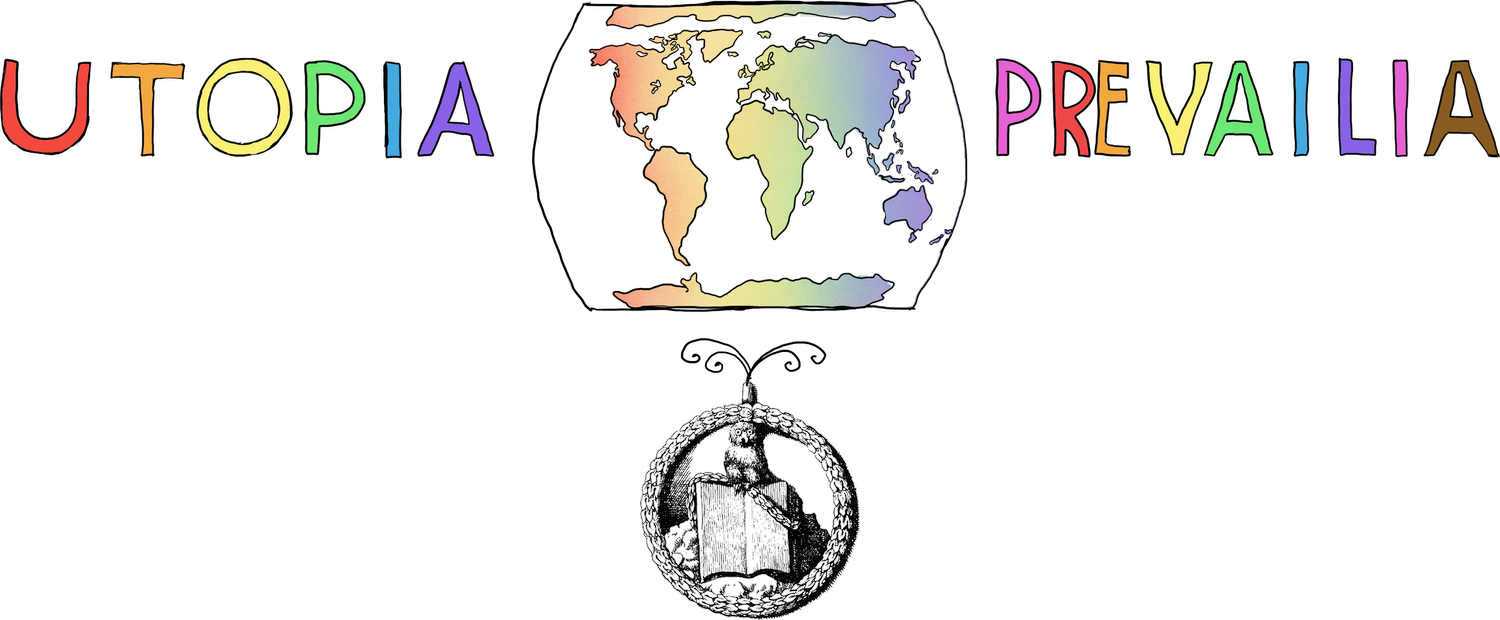On: Twerk
On: Twerk
Summary
Twerking, originating from African and African-American communities, is a complex dance form that can be viewed as both empowering and problematic. While it allows for self-expression and body positivity, it has also been objectified and commodified in mainstream media, perpetuating harmful stereotypes. To approach twerking from a feminist perspective, it is crucial to center the voices of those who engage in this dance form and respect its cultural origins.
Feminist Scribe®
Twerking, a dance form that originated in African and African-American communities, has often been a subject of debate and controversy. From a Feminist perspective, it is important to approach this topic with an understanding of cultural context, agency, and the power dynamics at play. Twerking can be seen as a form of self-expression and body positivity, allowing individuals, particularly women, to embrace and celebrate their bodies. It challenges societal norms and expectations that dictate how women should move and behave. By reclaiming their bodies and engaging in twerking, women can assert their autonomy and challenge the male gaze. However, it is crucial to acknowledge that twerking has also been objectified and commodified in mainstream media, often reducing it to a sexualized spectacle for the male gaze. This commodification can perpetuate harmful stereotypes and reinforce the objectification of women’s bodies. To approach twerking from a Feminist perspective, it is important to center the voices and experiences of the individuals who engage in this dance form. By amplifying their narratives and highlighting the cultural significance of twerking, we can challenge the dominant narratives that seek to marginalize and stereotype women. Furthermore, it is essential to address the intersectionality of Feminism when discussing twerking. Twerking has its roots in Black culture, and it is crucial to recognize and respect the cultural origins of this dance form. By doing so, we can avoid appropriating and erasing the contributions of Black women to the development of twerking. In conclusion, twerking can be viewed through a Feminist lens as a form of self-expression, body positivity, and cultural celebration. However, it is important to navigate the complexities and power dynamics surrounding this dance form, ensuring that it is not reduced to objectification or cultural appropriation. By centering the voices of those who engage in twerking and promoting inclusivity, we can foster a more equitable and empowering environment for all individuals.

